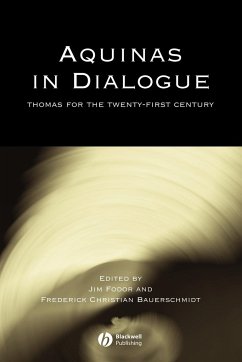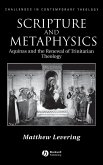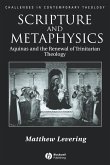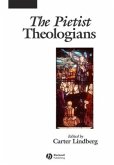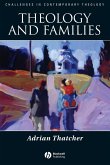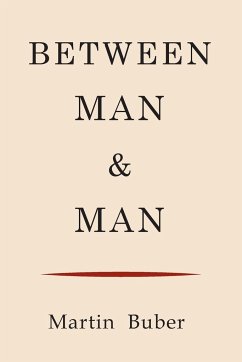Aquinas in Dialogue explores Aquinas' relevance to contemporary theology. The volume comprises a series of essays written by both scholars of Aquinas and by those who are actively involved in ecumenical and inter-religious dialogue. These essays demonstrate how Aquinas continues to illuminate dialogue among Christians and between Christians and non-Christians. They cover a wide range of subjects from Aquinas and Eastern Orthodoxy to Aquinas and atheism, and help us to think rigorously about what is required to speak truthfully to people with different beliefs.
Hinweis: Dieser Artikel kann nur an eine deutsche Lieferadresse ausgeliefert werden.
Hinweis: Dieser Artikel kann nur an eine deutsche Lieferadresse ausgeliefert werden.
"Jim Fodor and Frederick Christian Bauerschmidt have assembled aseries of well-crafted and tightly reasoned essays . . . (they)have done us a great service by reminding us, once again, of ThomasAquinas's enduring relevance to the religious conversation."
The Thomist
"Aquinas in Dialogue brings together some of the mosteminent of modern theological exponents of Aquinas's thought toshow how Aquinas engages with traditions other than his own:Lutheranism, Eastern Orthodoxy, Judaism, Islam, Buddhism, analyticphilosophy, and atheism."
Church Times
The Thomist
"Aquinas in Dialogue brings together some of the mosteminent of modern theological exponents of Aquinas's thought toshow how Aquinas engages with traditions other than his own:Lutheranism, Eastern Orthodoxy, Judaism, Islam, Buddhism, analyticphilosophy, and atheism."
Church Times

